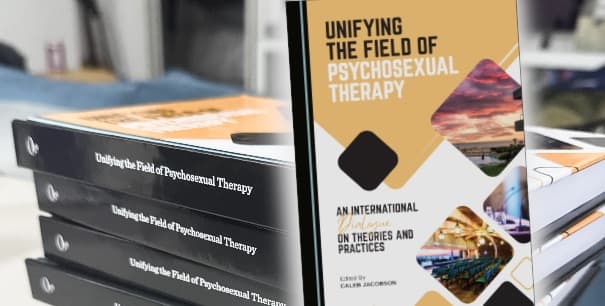You have ADHD? You probably have a monster.
Little kids with ADHD experience the stresses from their day in the same way we do: their brains personify the stress and their monster lives under the bed, in the closet, or perhaps in the basement or attic. Sometimes the monster sneaks out from the back of the SUV on the way to school. It’s scary and causes all sorts of problems. Fortunately, the monster isn’t dangerous.
As a child, the monster probably interfered in your life in so many troubling and creative ways. Little children may not want to do things by themselves: there could be potty accidents and they may not want to sleep alone.
Now as a grown up, your monster may still live under your bed. You might discover your monster lurking in a certain aisle at Walmart or in your email in box. The monster might appear every time your phone rings. It could even be behind your office chair every time it squeaks.
Your monster might jump out first thing in the morning. It could surprise you in the afternoon when you’re tired. Perhaps your monster follows you out your front door as you leave the house or is there waiting for you on the bus or train.
Can we speak adult-to-adult for a moment?
Children lack the vocabulary to effectively describe the effect of a specific event or the cumulative impact from the day. Just like adults, kids of all ages with ADHD have imaginations that run a million miles an hour. When they try to make sense of the stresses in their world, their brains create the monsters and the stories of how they interact with them.
I had a gorilla that lived in my room. It was the reason my doorknob stuck and I sometimes couldn’t open the door to my room.
As adults, we experience the same types of stresses from our day. As adults, we have language around these stresses. We call our monster with the big kid word: anxiety.
#adhdtips
You might laugh at me when I tell you how to scare away your monster. All you have to do is enervate the olfactory lobe in your brain with safe, happy, and soothing experiences. You can do it with a relatively simple method that works really well for adults as well as children: a cup of tea, a couple fresh-baked cookies, perhaps a candle, and monster spray.
The tea will help you relax as you breathe in the steam and exhale out the day’s stresses with your breath. Don’t like the tase of tea? No problem. The magic is in the scent and breathing.
The cookies don’t need to be a big production. Get a tube of cookie dough from the store and slice it into rounds. Individually freeze the dough rounds so you can pull one or two out to bake. Don’t want to eat the cookie? The magic of the cookies isn’t even in eating them— just smelling the aroma activates the magic.
Monster spray won’t kill it; it just scares the monster away. Use a dozen drops of your favorite essential oil in a couple of ounces of water and spray it everywhere you could encounter the monster. The scent will envelope your brain in strong, enjoyable memories. Spray the monster spray around your home and office.
Repeat this protocol as needed. Make this the first step in keeping your monster away.







